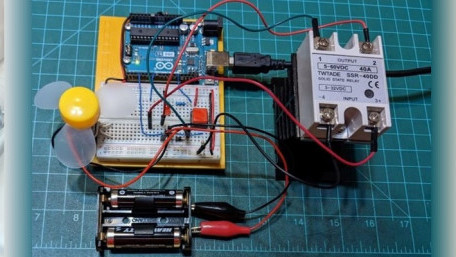
Variable control allows external conditions, like temperature, to be monitored so the controller can activate devices to heat or cool the system as needed.…
Variable control allows external conditions, like temperature, to be monitored so the controller can activate devices to heat or cool the system as needed. Simulate a temp controller with low-cost components!
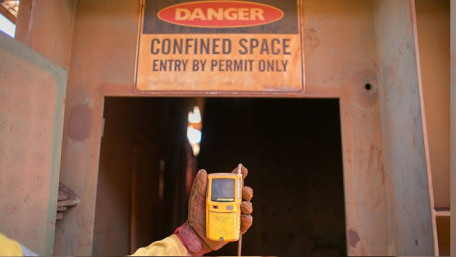
We see smoke detectors on a daily basis in every house and building we visit, but the same sensor elements, and others,…
We see smoke detectors on a daily basis in every house and building we visit, but the same sensor elements, and others, can be used to detect the presence of harmful gasses and heat in all industries.
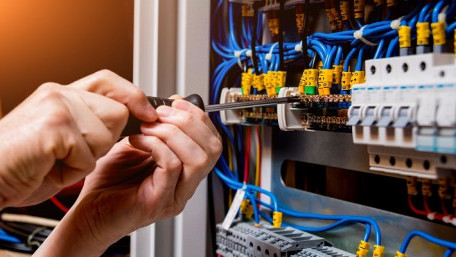
Designing, installing, and maintaining control systems involves a lot of wires. Each wire has a purpose, often indicated…
Designing, installing, and maintaining control systems involves a lot of wires. Each wire has a purpose, often indicated by the color of the insulation. But what are the common colors, and what do they mean?
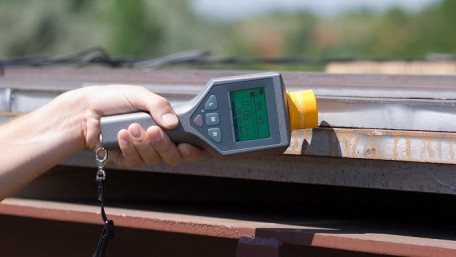
Radiation, despite its reputation in pop culture as a harmful emission resulting from a natural disaster, is a property…
Radiation, despite its reputation in pop culture as a harmful emission resulting from a natural disaster, is a property of many materials and processes and must be carefully monitored for quality and safety.
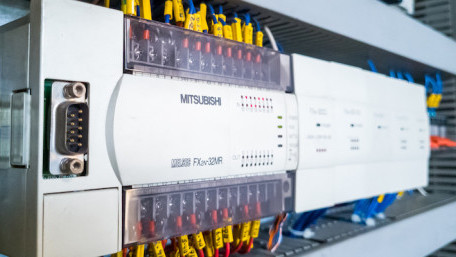
Mitsubishi's FX series PLC is one of MELSOFT GX Developer’s most popular automation solutions for small and…
Mitsubishi's FX series PLC is one of MELSOFT GX Developer’s most popular automation solutions for small and medium-scale applications. Learn how to use GX Developer software to program the FX series PLC.
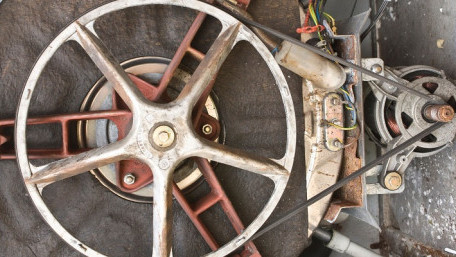
Rubber belts have lived under the hood of nearly every car since they first took to the streets, but they also transmit…
Rubber belts have lived under the hood of nearly every car since they first took to the streets, but they also transmit power through all kinds of industrial machine drives as well.
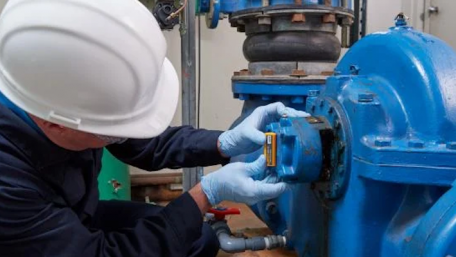
Vibration sensors measure the mechanical vibration of an object, making it possible to monitor machines for early signs…
Vibration sensors measure the mechanical vibration of an object, making it possible to monitor machines for early signs of failure to prevent costly and dangerous breakdowns.
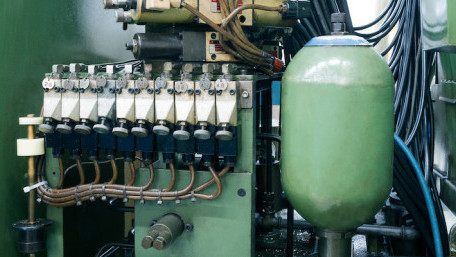
Hydraulic systems suffer from pressure drops and energy loss whenever any fluid is in motion. Learn about these devices…
Hydraulic systems suffer from pressure drops and energy loss whenever any fluid is in motion. Learn about these devices called ‘accumulators’. What are they, how do they work, and why do we need them?
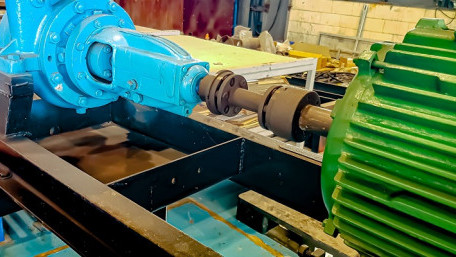
Understanding torque is a key method of preventing damage to machines and ensuring a long lifespan. We have all heard of…
Understanding torque is a key method of preventing damage to machines and ensuring a long lifespan. We have all heard of torque, but what is it, and how is it measured in automated systems?
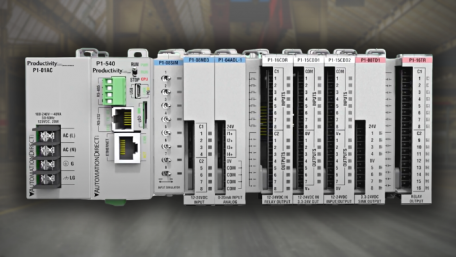
AutomationDirect’s Productivity line of PLCs is known for cost-effectiveness and ease of use. Learn how to build and…
AutomationDirect’s Productivity line of PLCs is known for cost-effectiveness and ease of use. Learn how to build and download a simple program using discrete input and output ladder commands.
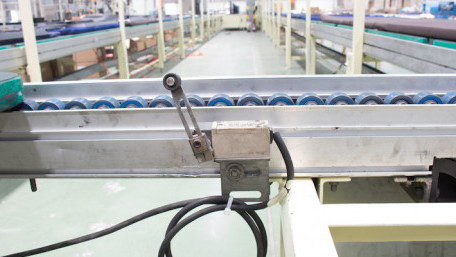
Limit switches are electromechanical devices that open or close contacts when external pressure is applied to an…
Limit switches are electromechanical devices that open or close contacts when external pressure is applied to an actuator. This solves a simple problem faced by motion devices: limiting movement
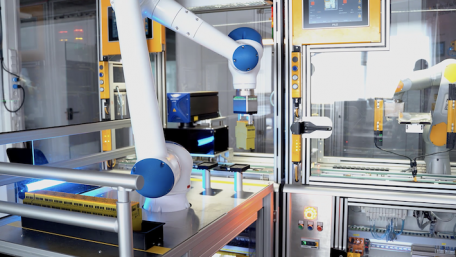
Engineering processes like robotics, feedback control, and security systems rely on position and distance sensors to…
Engineering processes like robotics, feedback control, and security systems rely on position and distance sensors to provide real-time information that enables machines to operate accurately and safely.
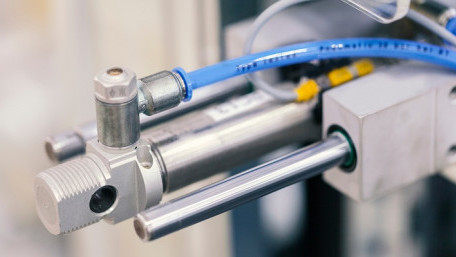
Fluid flow control is often crucial to control systems and can be achieved by incorporating control valves. In this…
Fluid flow control is often crucial to control systems and can be achieved by incorporating control valves. In this article, we will look at the sequence valve and its use in systems to automate fluid flow.
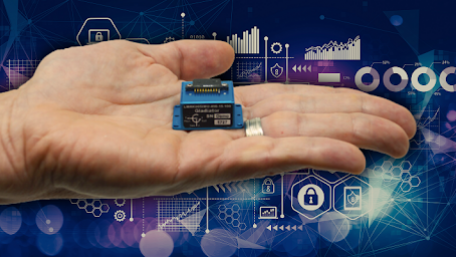
MEMS sensors enable the creation of highly sensitive, compact, and low-power devices for measuring quantities like…
MEMS sensors enable the creation of highly sensitive, compact, and low-power devices for measuring quantities like acceleration, magnetic fields, pressure, and more, and are found in automotive safety systems, navigation, and environmental monitoring.
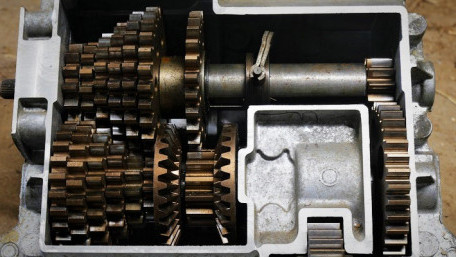
Although electrical systems often receive the highest praise for advancement, precision, and technological innovation,…
Although electrical systems often receive the highest praise for advancement, precision, and technological innovation, the world would be stuck without mechanical power delivery systems like gear drives.

Can ChatGPT capture “boots on the ground” domain knowledge specific to control systems? Explore whether the popular…
Can ChatGPT capture “boots on the ground” domain knowledge specific to control systems? Explore whether the popular AI tool can be used to speed-up development time or replace control engineers altogether.
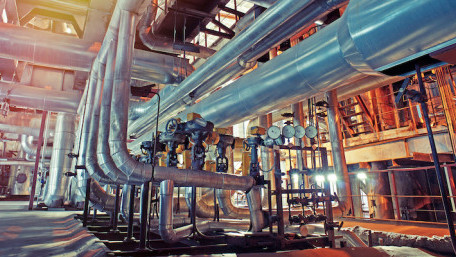
Flow sensors measure the flow rate of liquids or gasses in pipes, ducts, and other fluid systems to help monitor and…
Flow sensors measure the flow rate of liquids or gasses in pipes, ducts, and other fluid systems to help monitor and control processes, prevent system failures, and optimize performance.
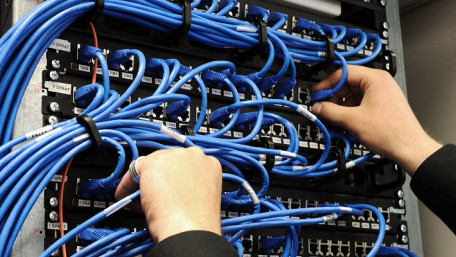
Failures are never the goal of any industrial operation. But when disaster strikes, it’s always better to have a…
Failures are never the goal of any industrial operation. But when disaster strikes, it’s always better to have a mitigation plan in place well in advance of the event to ensure timely recovery.
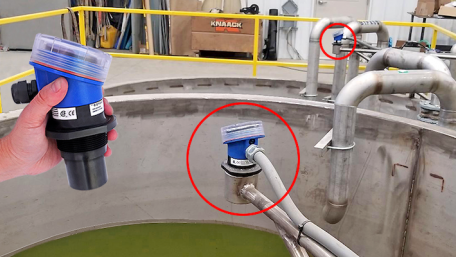
Level sensors are used to measure the level of a substance, usually a liquid or granular material, in a container.…
Level sensors are used to measure the level of a substance, usually a liquid or granular material, in a container. Different types of level sensors include capacitive, ultrasonic, acoustic, and radar.
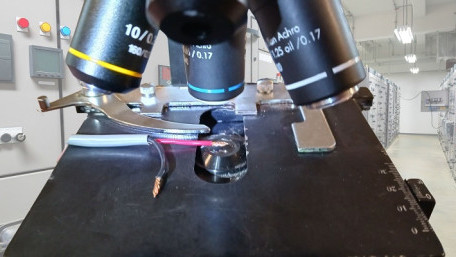
We know the drill—a voltage source produces current if there is a continuous path, and resistance limits the flow of…
We know the drill—a voltage source produces current if there is a continuous path, and resistance limits the flow of current to convert power. But at this sub-atomic level, how does that actually work?
